
Vietnam 2023
Supported by the Association of Corporate Counsel





Head of legal and external affairs | British American Tobacco Vietnam





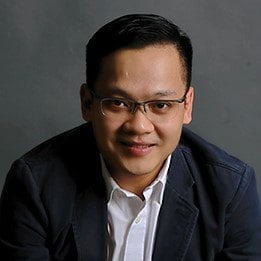
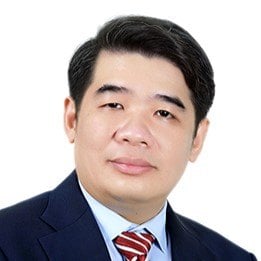
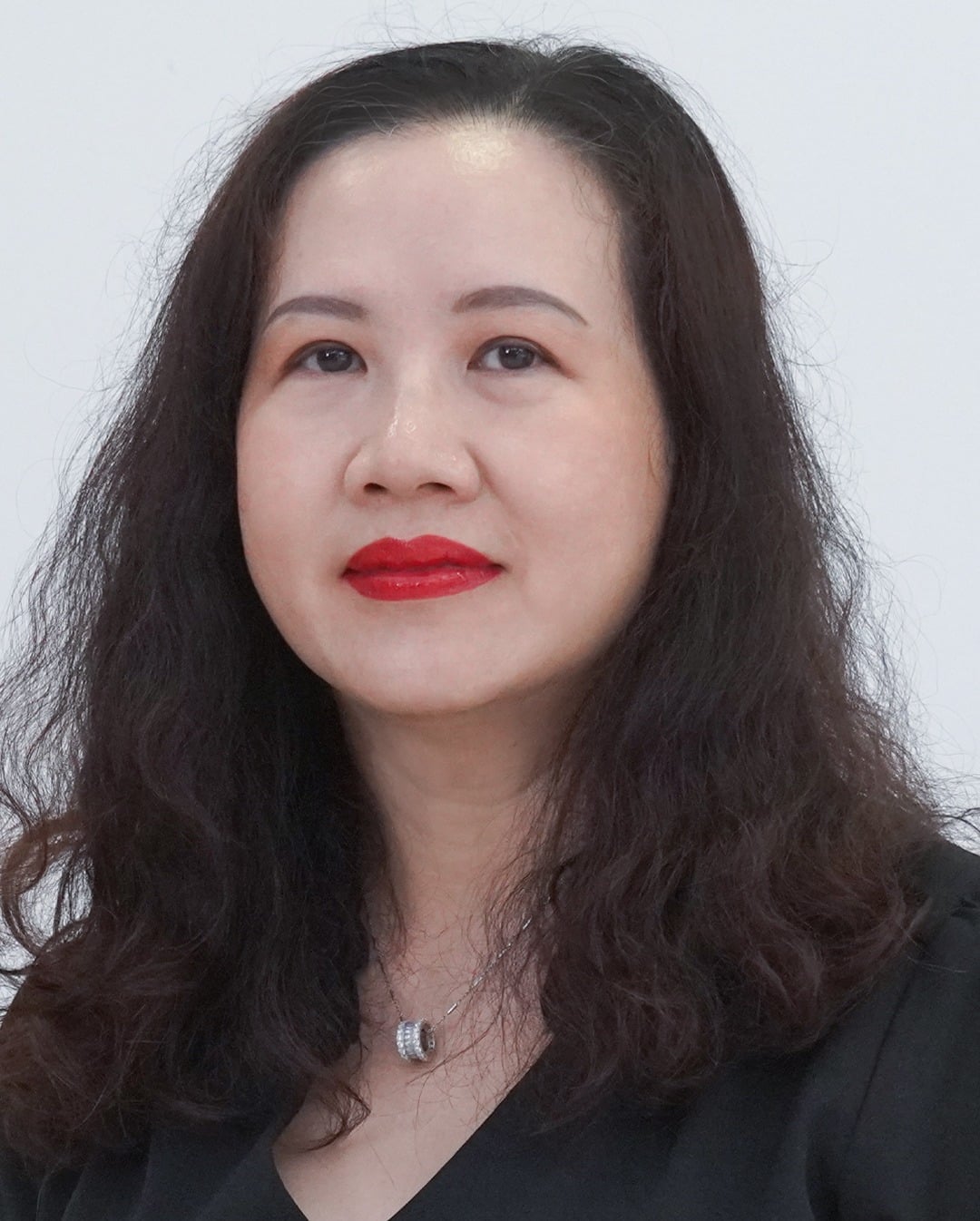





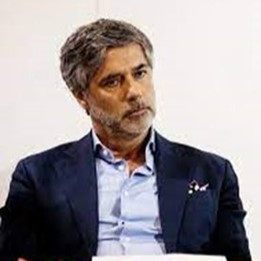
Chief legal officer - general counsel | Asian Coast Development (Canada)
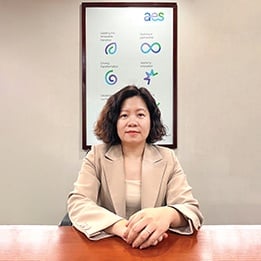


Deputy CEO in charge of legal and compliance division | VinES Energy Solutions

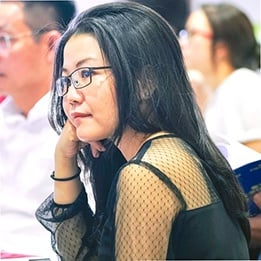
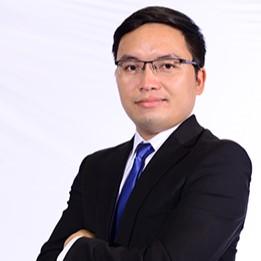
Country finance controller, head of legal, tax and compliance | ofi (Olam Food Ingredients) Vietnam
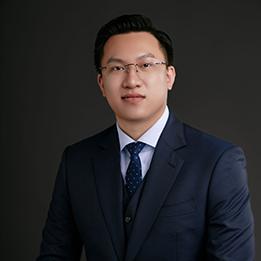





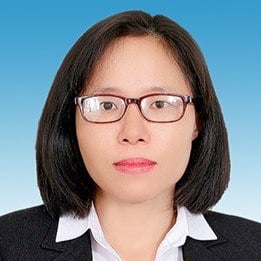
Senior legal manager | Industrial and Commercial Bank of China - Hanoi City Branch




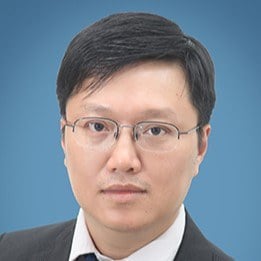






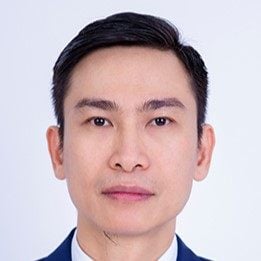






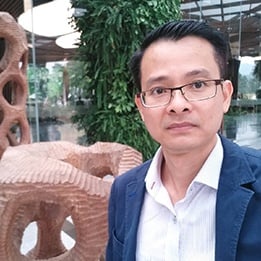




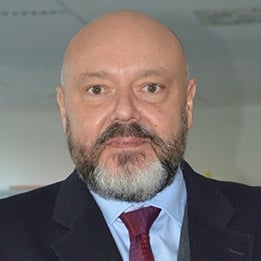








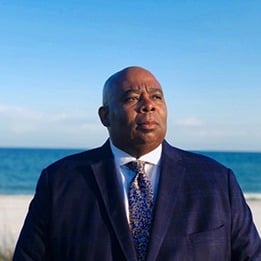





Director of legal affairs and organizational capacity development | AstraZeneca






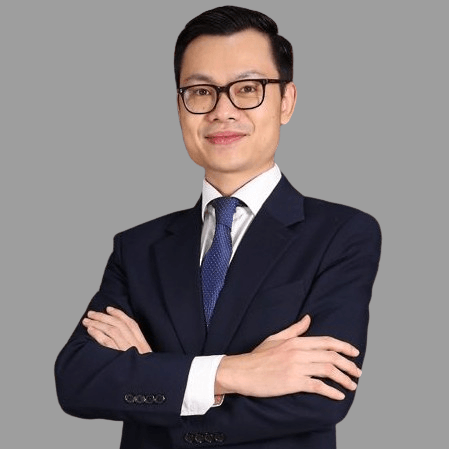
Legal contracts manager | Gelex Group Joint Stock Company


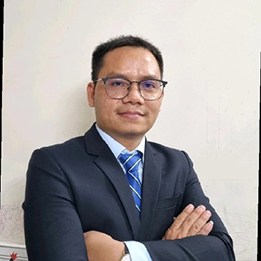






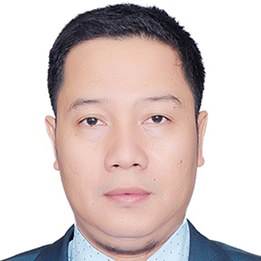


Senior legal manager, legal and compliance | SEA Logistic Partners (SLP)
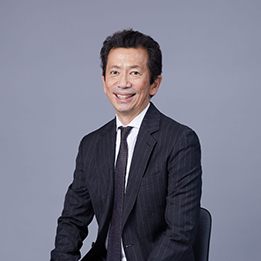


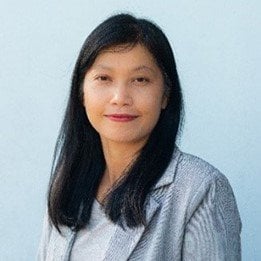
Vice president, legal | Coca Cola Beverages Vietnam
Spotlight on… Tran Bui currently serves as the vice president, legal and local ethics officer at Coca-Cola Beverages Vietnam. She joined the company in 2019, with her role operating as...


Investment and corporate legal manager | A group of companies in renewable energy





Head of Legal and Compliance | Vietnam Investors Service and Credit Rating Agency
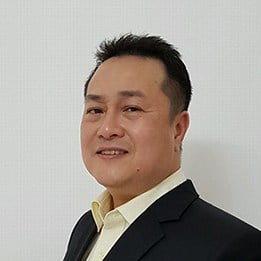
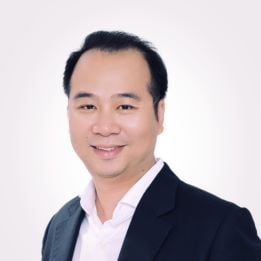
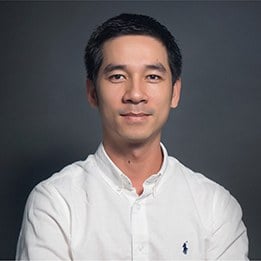
On behalf of The Legal 500, we are truly delighted to introduce our first-ever GC Powerlist: Vietnam 2023! This edition marks a milestone publication for the Vietnamese legal community, as this meticulously researched document represents our inaugural Vietnamese edition of the GC Powerlist series, The Legal 500’s premier title celebrating and awarding the world’s top in-house lawyers. After covering Southeast Asia as a region for many years, we decided it was high time to highlight and recognise the exceptional community of in-house counsel active within one of the world’s most dynamic and rapidly-growing economies, and the excellent corporate counsel who make it work. This research could not have been possible without the cooperation of three of Vietnam’s leading law firms: DFDL Legal & Tax, Frasers Law Company and VILAF, whose expertise and assistance was instrumental in making this edition such a success.
We are proud to present insightful conversations with Vietnam’s finest corporate counsel as we look to celebrate their respective achievements. Our in-depth interviews have yielded fascinating insights into the intricate and often complex world of corporate legal counsel. The publication showcases the many impressive transactions, projects and innovations led by these individuals, the evolving role of in-house counsel in Vietnam, and the trends that are transforming the traditional legal approach to business operations.
In the interviews our research team conducted, there is a noticeably prevailing belief that the scope of the general counsel role should extend beyond its conventional boundaries. The general counsel is not solely a highly skilled legal professional; rather, they are expected to now serve as a business partner responsible for influencing strategic direction and crucial decision-making. For example, Mai Phuong Thao, legal and compliance manager at Roche Vietnam envisions that “in the next five to ten years, the function of the general counsel will undergo significant change due to the constantly shifting and intricate nature of Vietnam’s legal framework. This transformation requires a multidimensional and strategic approach. In addition to providing regulatory guidance, the general counsel’s responsibilities must extend beyond traditional legal activities. They should take on greater responsibilities in the areas of corporate governance and sustainability, including actively shaping the company’s strategy, with a strong emphasis on compliance and risk management, while simultaneously ensuring business effectiveness. Additionally, it is essential for general counsel to interact with the larger legal community and advocate for government policies. This activity not only strengthens their position within their respective organisation but also raises awareness of crucial legal issues, ultimately contributing to Vietnam’s social development”.
Alongside the evolving role of the general counsel, there is the emergence of novel technologies which are transforming the way in-house teams perform. The implementation of AI for research, the digitalisation of contracts, and the creation of repositories all enhance the capabilities of the legal function. However, despite the opportunities there are potential pitfalls that must be considered. a sentiment shared Nguyen Thi Phuc, senior legal manager of the Industrial and Commercial Bank of China – Hanoi City Branch. They believe that that the growing digital revolution ‘brings new opportunities and markets … but it also increases regulatory and cybersecurity risks’.
These interviews offer a thoughtful yet engaging understanding of Vietnam’s legal community, providing insight into the mindset of top-tier corporate counsel and the wide array of challenges they must navigate – from regulation to technological innovation and beyond – to play an integral part in their business’s success. By reading these interviews it is clear to see why these individuals are trusted legal and business partners in equal measure.
On behalf of everyone at The Legal 500, and especially our GC Powerlist research team, we would like to extend our congratulations and gratitude to everyone who was featured in this inaugural edition of the Vietnam Powerlist. We thank them for sharing their time and insights, allowing us to celebrate their achievements and acknowledging their rightfully earned spot in this milestone edition. We also look forward to future publications celebrating the achievements of the excellent Vietnamese GC community.
From our editorial team on this project:
Joe Boswell | Global Editor, The Legal 500 Powerlist Series
Jugroop Singh | Research Analyst
Legal 500 returned to Miami to celebrate the launch of the GC Powerlist: Miami 2026, hosted in partnership with Winston & Strawn. The event brought together leading in-house counsel from across the city for an evening recognising their work, leadership, and clear impact within their organisations.
Juan Azel, Chair of Winston & Strawn’s Fintech, Banking and Payments practice, opened the evening with remarks on the opportunities emerging from Miami’s economic growth.
He was followed by keynote speaker Nilo J. Barredo, Head of Legal, Wealth, Banking & Lending for the Americas and Director, Associate General Counsel at Citigroup, who shared perspectives on the evolution of Miami’s in-house ecosystem.
A reception followed, giving this year’s honourees the chance to connect with peers and exchange experiences.
Legal 500 extends its thanks to Winston & Strawn for supporting the recognition of Miami’s outstanding general counsel community, and congratulates all recognised general counsel on their achievements.